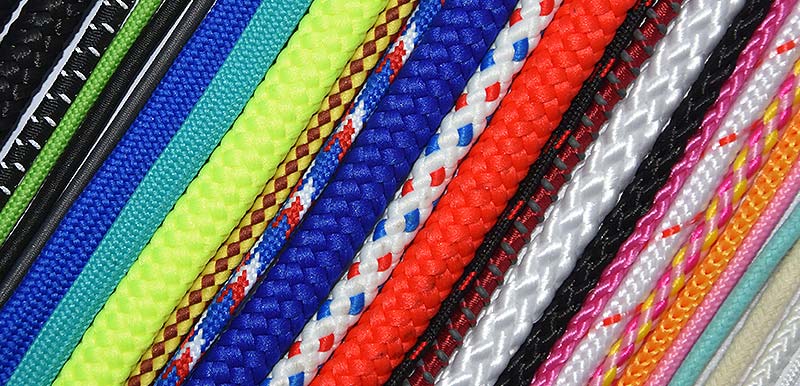Given rope's many uses and the different strengths and weaknesses of each rope type, there’s always a 'best rope for any job'. Not all ropes are created equal—they’re created to serve different needs. You’ll find that using the correct type of rope for each scenario will lead to a more effective and safe outcome.
Here’s a guide for the best type of rope for different applications. You’ll find recommendations on which types to choose and which types to avoid. Read on and discover just how vast the possibilities are with rope!





Leave a comment